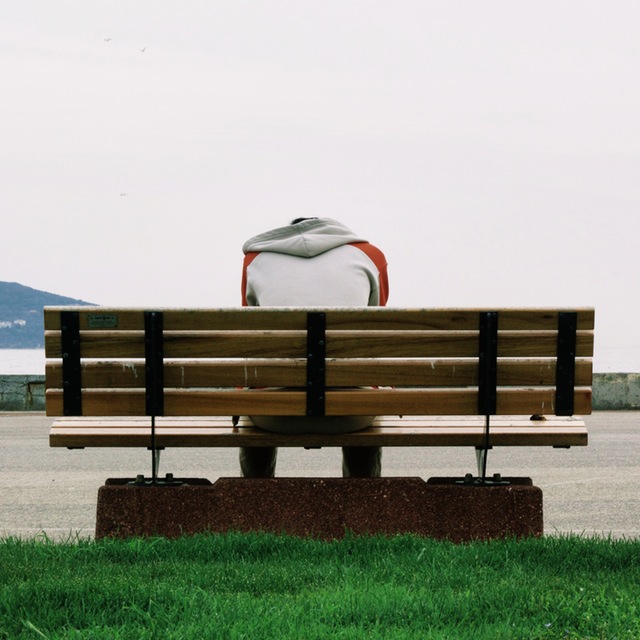Men and Grief
/The poet and men’s movement leader Robert Bly once said: “If you enter a room filled with women you will notice the liveness and range of expression and laughter that is present. Enter a room filled with men and you will notice how somber and the steady low register of the voices in that room. That is because men have so much unexpressed grief.”
So why do men have so much unexpressed grief? There are several major reasons including how we shame or bully boys into not expressing their feelings. This process of disconnection from feelings leads them on a path of increasing numbness, depression and social isolation. They cannot grieve the many losses that are a big part of childhood: The loss of friends when families move, the death of pets or other family members. It creates a lump of pain that like a boil needs to be lanced in order to bring relief and healing. Elaine Gowell in her book, “Good Grief Rituals” says that any change in our lives, even those that are welcome produce some kind of grief over what is lost. She describes and helps readers fashion their own rituals to help them deal with their grief.
Another reason men have grief is around the loss of their fathers. There is some shift going on now but men traditionally have had very distant and dysfunctional in their relationships with their sons. Because of the father’s upbringing in our culture they have been unable to be close and intimate with their sons based on a fear that they will be spoiling them with too much affection. Because men have traditionally bottled up their feelings (except anger, which our culture gives men permission to express) there has been so much abuse of alcohol, drugs, sexual acting out, workaholism or other ways of not feeling pain. None of these unhealthy coping mechanisms leave a place for sons to get the attention, affection and time that they need in order to feel loved and validated by their fathers. Because of this male disconnect from feelings and empathy they may only seek out women to be comforted or listened to. This adds to the sense of isolation that many men feel from other men and is another loss of a place to express grief.
In studies it has been shown that male babies are picked up less and soothed less that female babies over a set period of time. This may be another source of grief as the infant learns some basic form of self-soothing by being held and comforted. We start our sons in life with a deficit if we don’t help them learn how to comfort themselves when they are upset or sad.
One of the things that I have found helps men is to provide a space in their therapy for them to connect to their grief and find healthy ways to express it. I often assign them a “grief journal” and as they go through their week have them write down the losses they experience: co-works leaving or neighbors moving, the feeling of having an “empty nest” at home, etc. I also have them write about the losses of their childhood: The friends they have lost contact with, the pet dog that was run over, the father who was too busy with work to spend time with them, etc.
In therapy we work together to create rituals with a symbolic place to hold all the losses. Then we have objects represent the losses, speak about them and what they meant and the feelings about losing them. Then they are placed in the” circle of remembrance” so that after the sadness is expressed they can be remembered for the joy that pet brought or what the beloved grandfather taught them.
In that way they can let go of some of the pain and thereby hold the lost person or pet close in their memory. As John Mosher once said to me, “If we do not grieve the loss of someone important to us we keep their memory at a distance because it hurts too much to remember them.” So by doing this work men can feel more feelings and bring love and remembrance back into their hearts.
You can find out more on men's counseling here.

